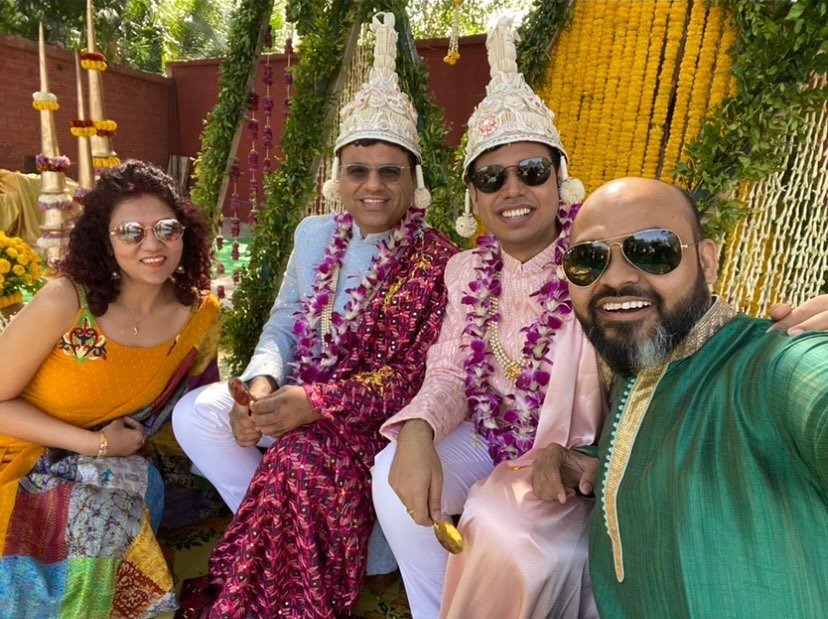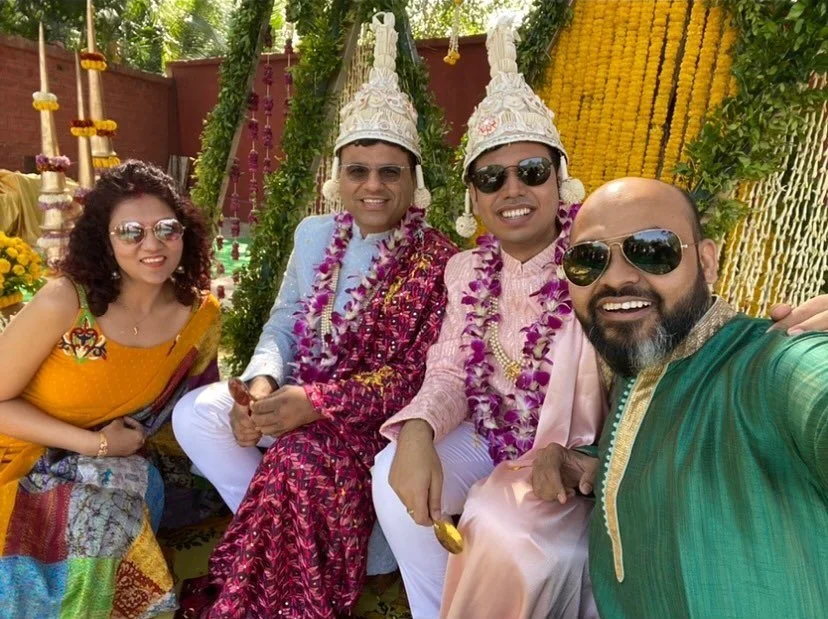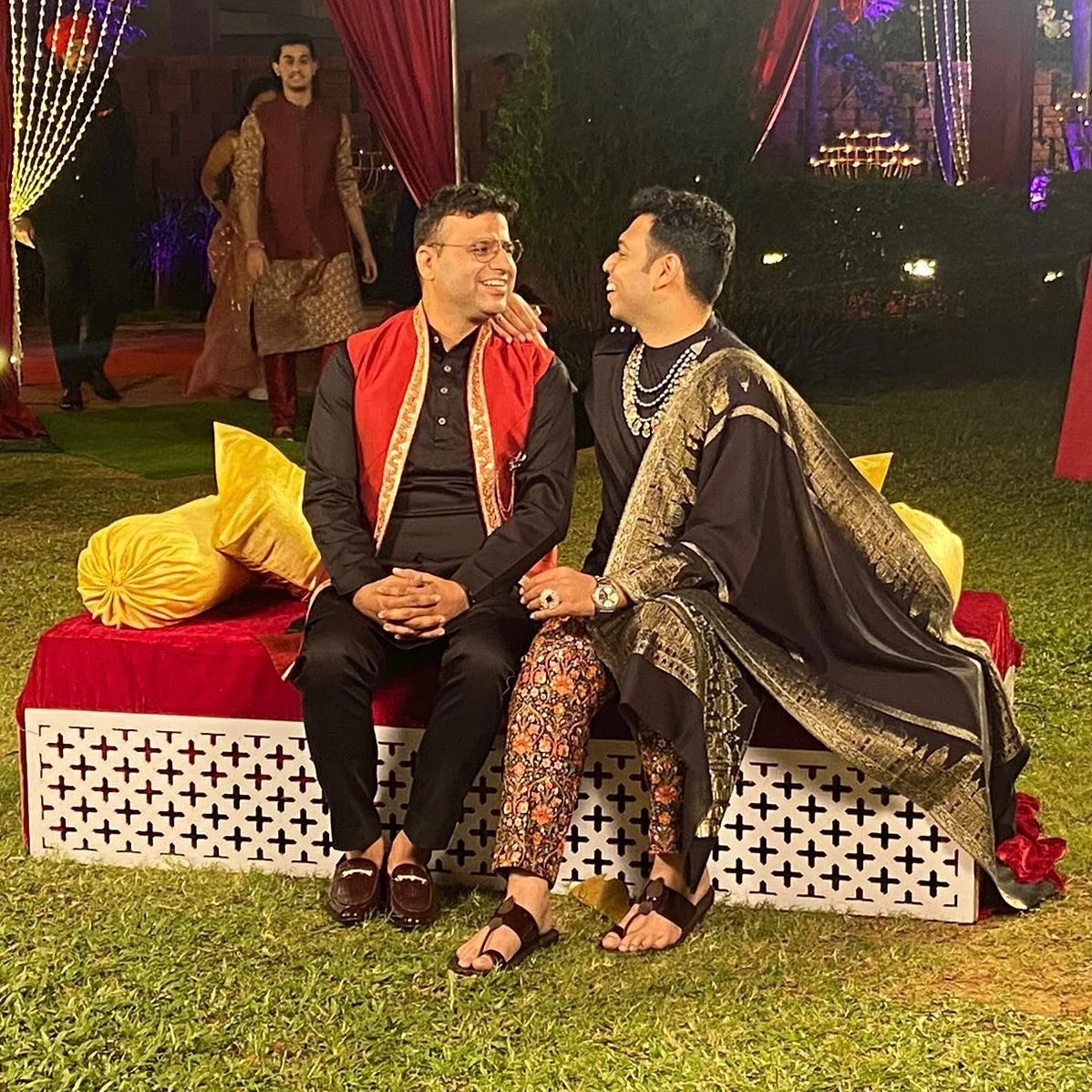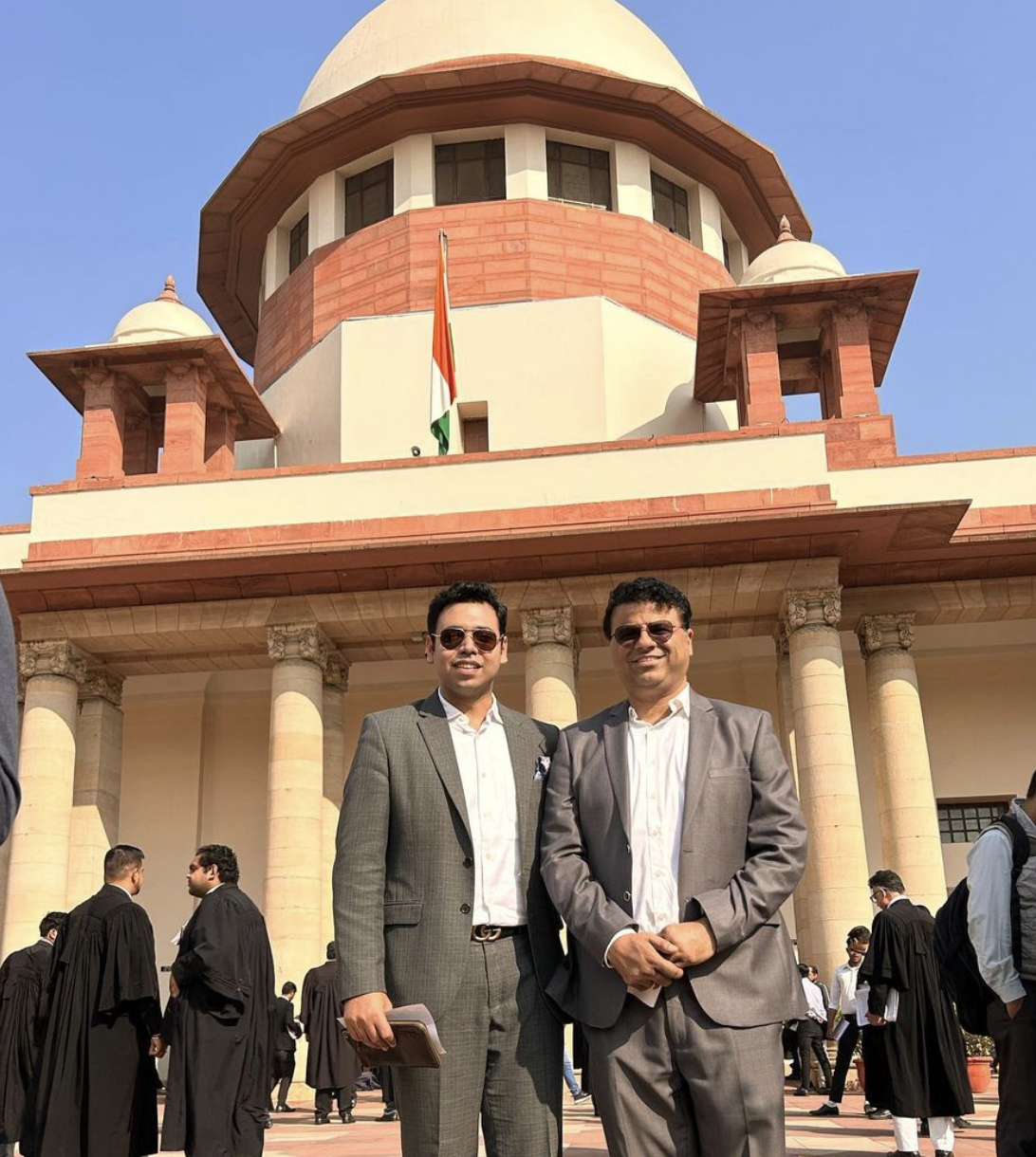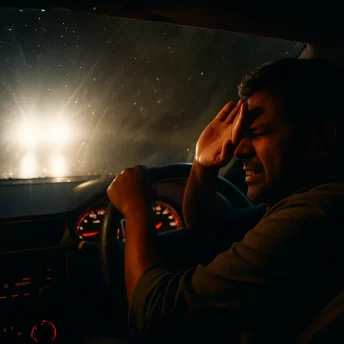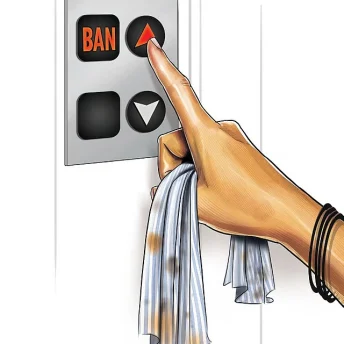(from the left) Debolena, Abhay, Supriyo, and I at the wedding (Dec 2021)
A year back, I attended the wedding of two dear friends of ours in Hyderabad. It was a typical fat Indian wedding loaded with good food, music, dance, and the excellent company of families and friends.
Abhay and Supriyo had planned their wedding in such a way that it was a celebration for everyone. It was about two families coming together. Abhay had opened up with us a long time ago and we knew about his orientation. He introduced Supriyo to us and over the years we met several times. There has never been any judgment within our friends’ circle about their relationship.
Abhay and Supriyo’s wedding was also among the many landmarks in India’s LGBTQ+ community’s journey. They are the first gay couple to be married in the state of Telangana, India.
For us, it was no different from any other wedding as we had known them for many years as a couple. Although we couldn’t help but wonder why they felt the need to get married since they were living together for so long. But we also thought it was a culmination of their commitment to each other—from being in a long-term relationship to a wedding. The lovely Ms. Sophia David, an LGBTQ+ activist and herself a trans woman, officiated the wedding (Watch her TED Talk). There were no traditional rituals involved but the couple said their vows and exchanged rings. It was a gathering of friends and families who respected their relationship and every one of us had a good time. It was a true celebration of love.
What was surprising for us was how their family members supported them. It is very rare to find Indian parents who are supportive of their children’s decision to marry someone of the same gender. Even my close associates, when I informed them of the wedding, were surprised and asked if it is legal.
The historic Supreme Court Judgement 2018 decriminalized same-sex relations between consenting adults by striking down Section 377 of the IPC. But marriage between people of the same sex is still not recognized in India by law.
In the absence of legal backing, gay couples in India cannot make medical consent for their partners or cannot be each other’s nominees in life insurance policies. Adoption, pension, and many other rights enjoyed by married heterosexual couples are denied to them.
Abhay and Supriyo are also among the four people who petitioned the Supreme Court to modify the law and make same-sex marriage legal in India. Earlier on 14 Dec 2022 the Supreme Court has sent a notice to list the two petitions seeking to transfer to the Supreme Court pending in the Delhi High Court and the Kerala High Court. On 6 January 2023 the supreme court of India will start hearing the pleas seeking recognition of same-sex marriages.
Supriyo and Abhay at Supreme Court New Delhi in Dec 2022
Interestingly, on 13 December 2022, US President Joe Biden signed the Respect for Marriage Act into law providing federal recognition to same-sex marriage in the US. India will be the second country in Asia, after Taiwan, if the Supreme Court rules in favour of same-sex marriage recognition.
In the wedding speech one of Abhay colleagues shared a conversation he had with Abhay. His friend had asked him why he felt the need to get married as he was already living with his partner for several years. Both their families accepted their relationship. What was the need to come out and get married for the world to know?
Abhay said, “With all the privilege I have, if I don’t stand for this cause, who will?”
Abhay hails from a family of doctors who understood and supported him. He graduated from IIT and is well-settled. Supriyo has also received complete support from his parents and family and made his mark in the hospitality industry. Amidst their joy, they do not forget that there are many stories of LGBTQ+ persons that don’t have the same happy culmination as theirs. Abhay and Supriyo are using their privilege to fight for a cause that is still weighing down many people. With efforts of Abhay, Supriyo and many others now there is hope.
But what about us? Do we reflect on the privilege we have?
How many of us can say, “If not I, then who will?”

